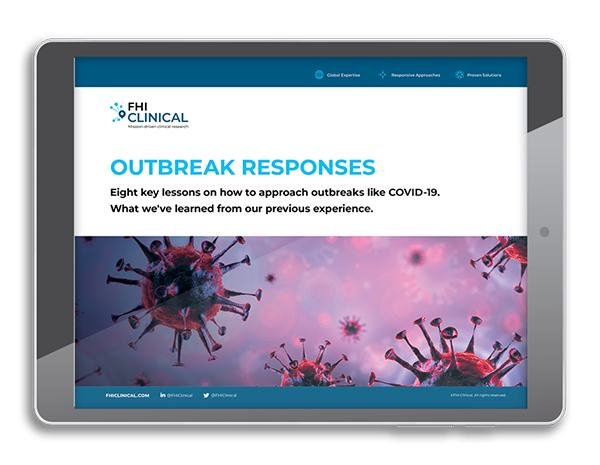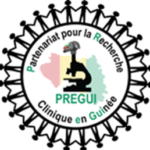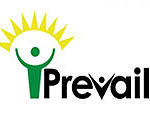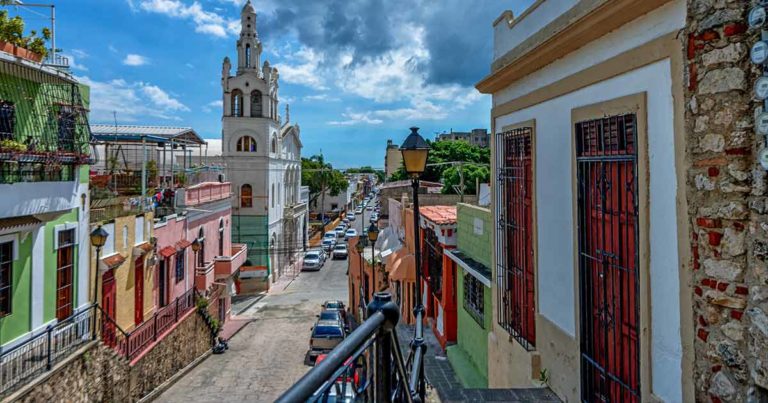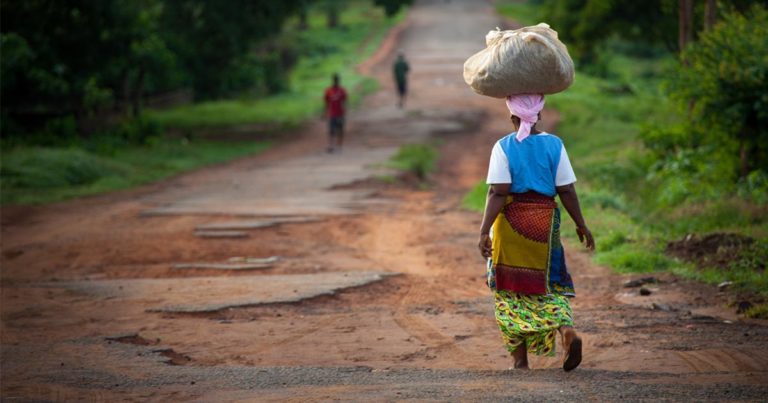Rapid, effective outbreak responses built on past experience
learn more about outbreak RESPONSEs
What can we learn from past outbreaks? Outbreaks large and small require rapid, coordinated responses.
Based on the collective experience of our experts, we describe eight considerations for outbreak responses in our e-book and the importance of data in our recent webinar. Download our brochure to learn more about how our services have been honed over years of outbreak responses worldwide.
Building research capacity in an outbreak setting
When an outbreak occurs, rapid start-up of clinical trials is needed to contain disease spread and protect the community at large.
In areas without research capacity, study start-up is challenged by a lack of regulatory guidance, infrastructure, qualified staff, established sites and laboratory facilities.
Based on our involvement in outbreak settings worldwide, we’ve developed a systematic approach to rapid study start-up that can be used across geographies and therapeutic areas.
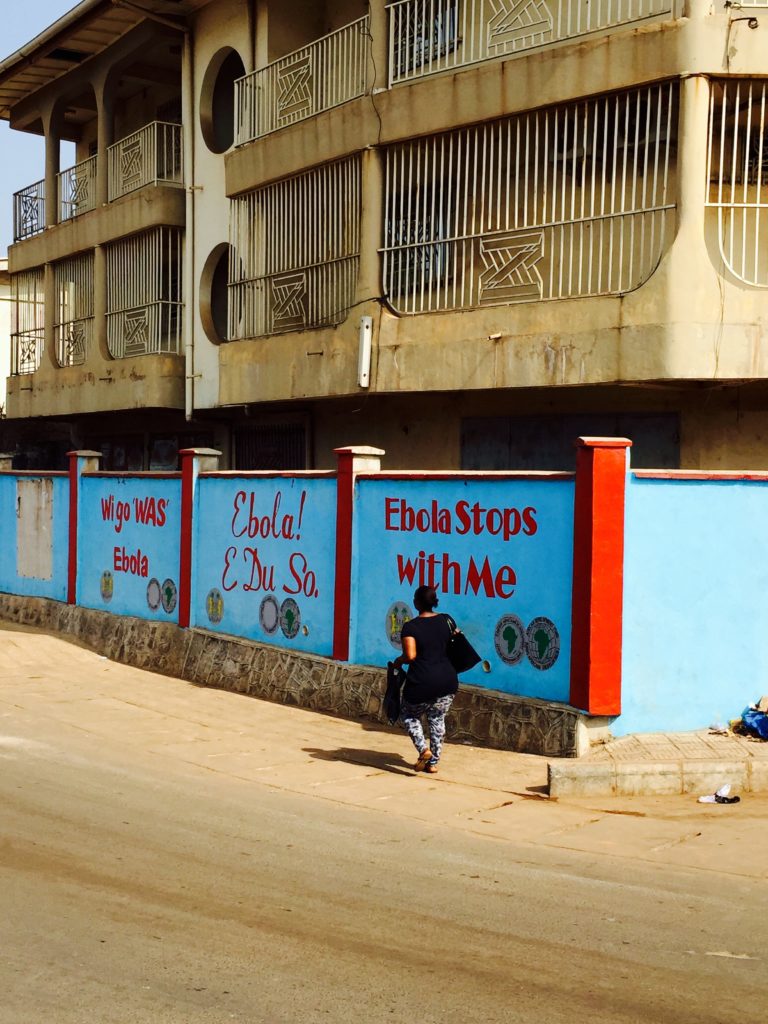
How we've done it
When the World Health Organization (WHO) declared the Ebola virus disease outbreak in West Africa, the Sierra Leone Trial to Introduce a Vaccine Against Ebola (STRIVE) project team succeeded in reaching first patient first visit (FP/FV) six weeks after arrival in the country, overcoming challenges with a lack of in-country research experience, limited paved roads, intermittent electricity, lack of cold chain provisions and remote vaccination sites.
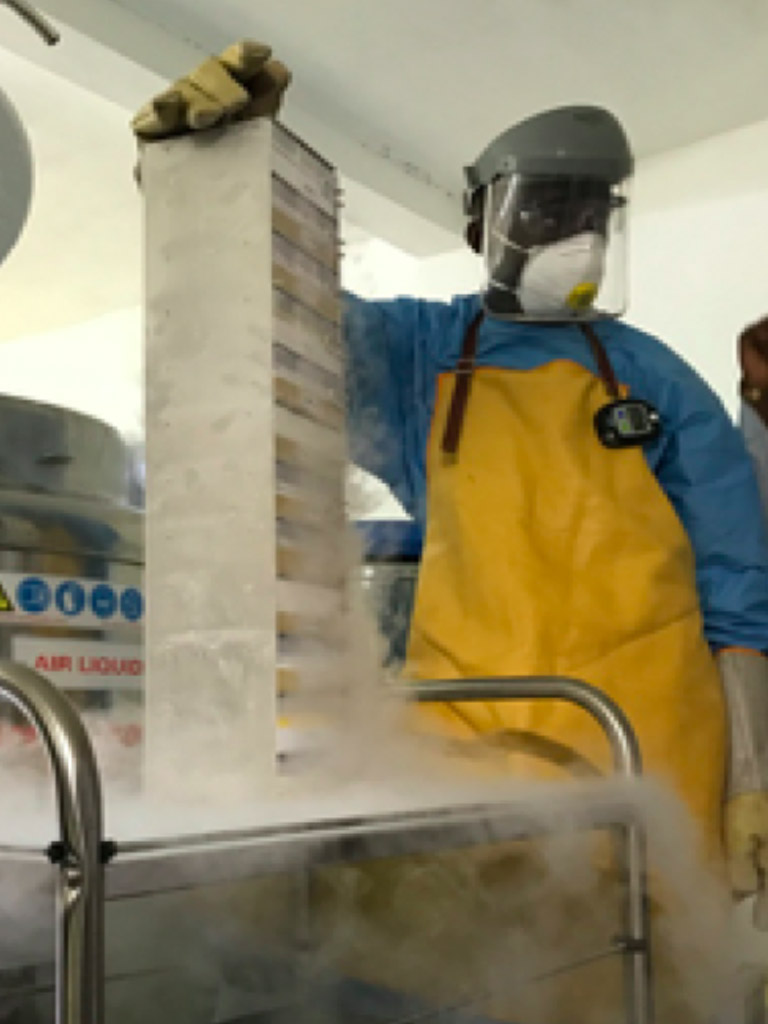
Leveraging existing research capacity
Global private-public partnerships help sustain research capacity that was initially established during an outbreak in resource-limited settings. These collaborative networks provide access to:
- High-quality sites that are ready to accept new projects
- Trained staff with outbreak experience
- Unique patient populations
Collaborative site networks we're involved in
After their respective Ebola outbreaks, the Ministries of Health partnered with the U.S. National Institute of Allergy and Infectious Diseases (NIAID) to build local research capacity. Within the Finance Management Centers of both networks, we contribute to the review and budgeting of incoming submissions.
Strengthening and localizing health systems
However, research capacity is not enough. Robust health systems are needed that can accommodate the additional tasks of detecting, treating, isolating and quarantining cases and contacts.
Multinational, multidisciplinary teams are also needed to understand disease etiology, transmission and presentation so we can initiate strategies for vector control and disease prevention.
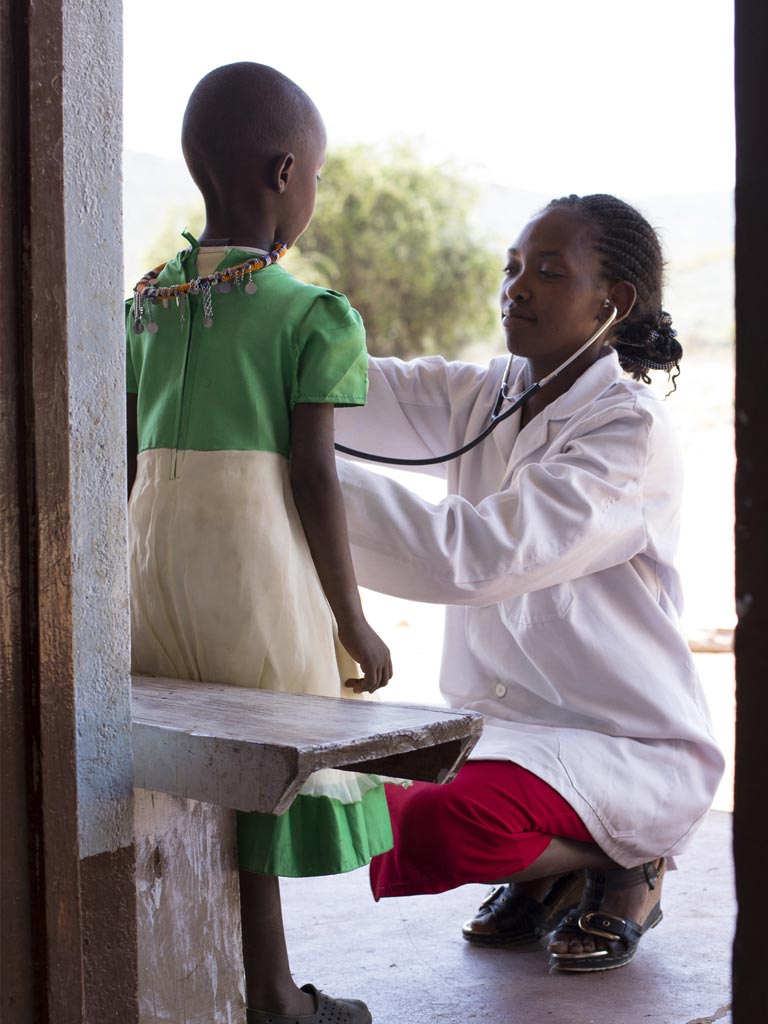
We're part of the FHI 360 family of companies
FHI 360 programs contribute to improving the performance of health systems and the delivery of high-quality services in resource-limited settings, with a focus on sustainability.

